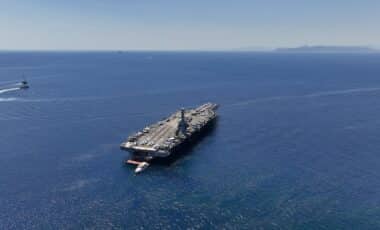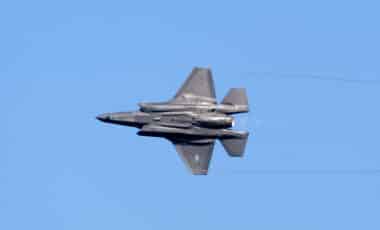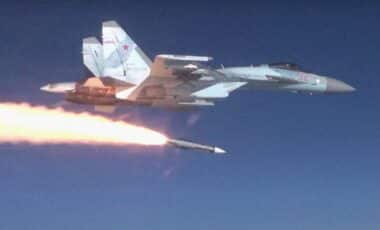BOOK REVIEW
Review by Todd Shugart
Author: Michael John Claringbould
Publisher: Avonmore Books
Price: £31.95
Date: 2021
Pages: 108
Available from: Casemate Publishers in the UK at: https://www.casematepublishing.co.uk/catalogsearch/result/?q=Pacific+adversaries
Michael Claringbould’s Pacific Adversaries series is one of the most well researched and beautifully illustrated series ever produced on the air war in the South Pacific. Volume Four is no exception in this series and continues what has become the hallmark and high standard expected from Michael and the Avonmore team. This volume focuses on the air battles over the Solomons between 1943 and 1944. The Imperial Japanese Navy (IJN) fought a series of defensive battles with sporadic offensive raids that were countered by a wide variety of Allied units and aircraft types. The author details many of the individual actions and goes to great lengths to match the claims with official Japanese and Allied records. The fact that there was rampant over claiming on both sides is quite evident with the benefit of hindsight and painstaking research on the author’s part. The story of the first Royal New Zealand Air Force (RNZAF) kill against an F1M2 by P-40 Kittyhawks is just one example of the unique stories that the author brings to light with incredible detail that is complimented by stunning graphics. Numerous bombing raids by G3M Nells and G4M Bettys are countered by a plethora of Allied types such as the Vought F4U-1 Corsair and Bell P-39 Airacobras along with the above mentioned and RNZAF Kittyhawks. Counterattacks by TBF Avengers and PBY Catalinas also feature in this volume. In daring long range attacks. Another notable standout feature is the chapter on nocturnal bombing by IJN G4M Bettys using flares to bomb USN landing ships. The fact that the IJN clung on to this region for so long against overwhelming odds until forced to remove many of the units to deploy elsewhere is notable. The markings of many of the combatants are also explained in detail and lastly as always Michael lists his unique use of both Japanese and Allied official sources.
This is a fantastic addition to the series and it continues to show the high standard that the author and Avonmore books use to produce a well researched and concise volume in a series that should grace all South Pacific World War Two historian’s shelves. I cannot recommend this book enough and with Christmas approaching, I think you will be wise to use any vouchers you may get on this book or any others in the series. 







